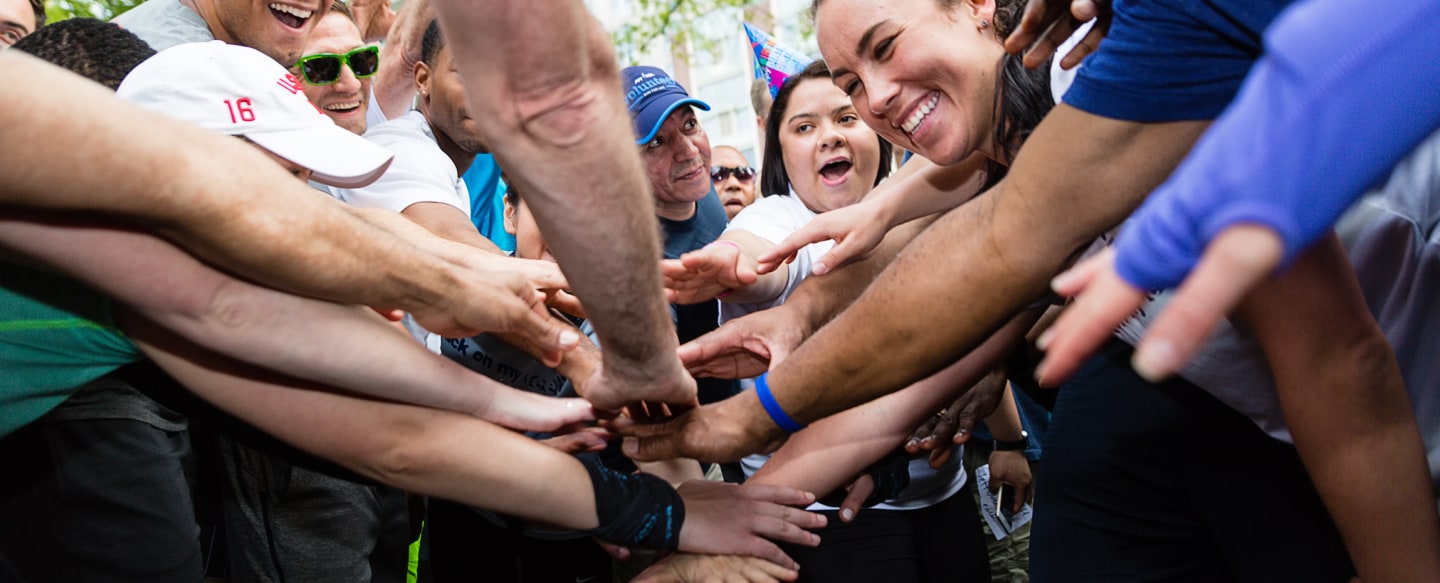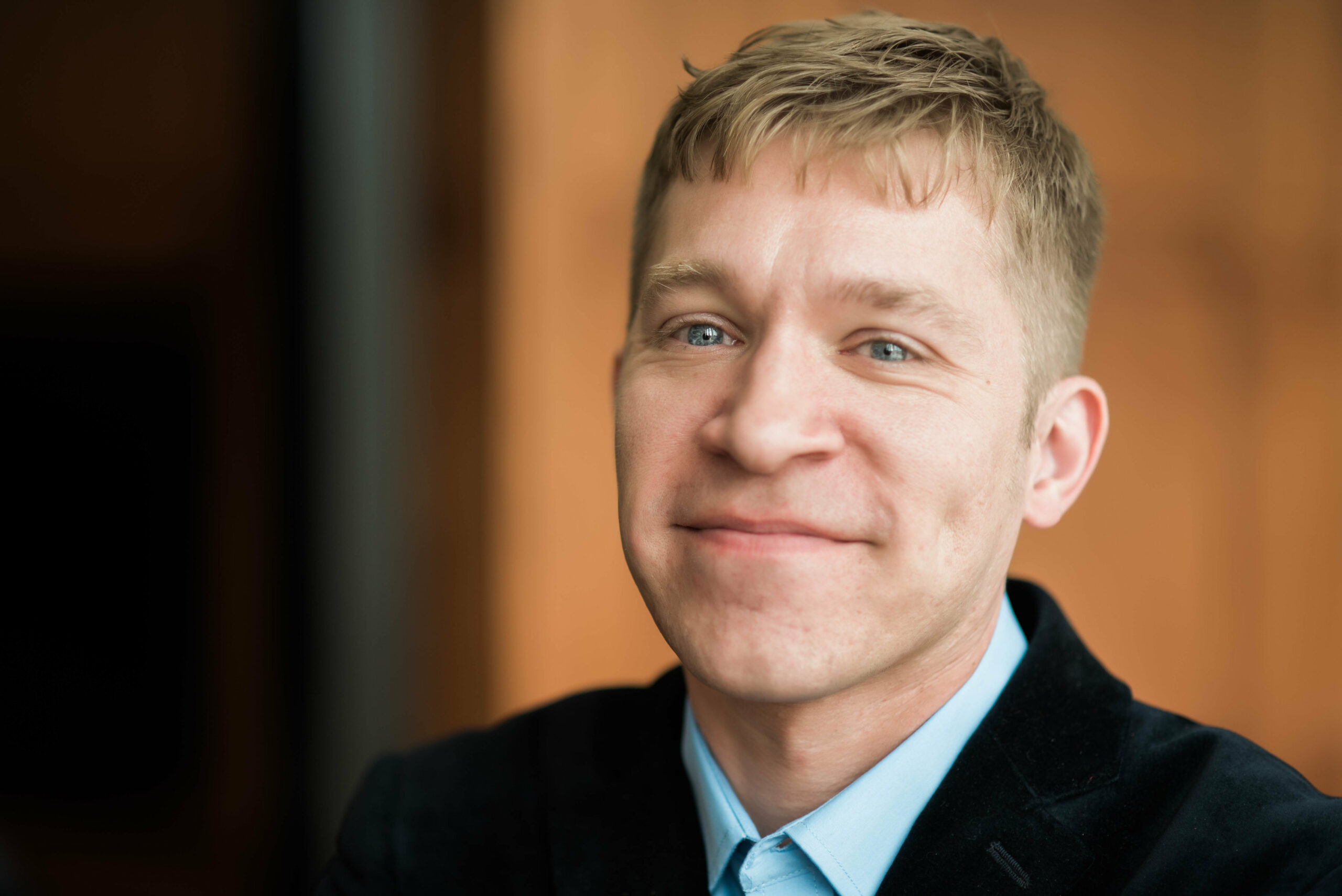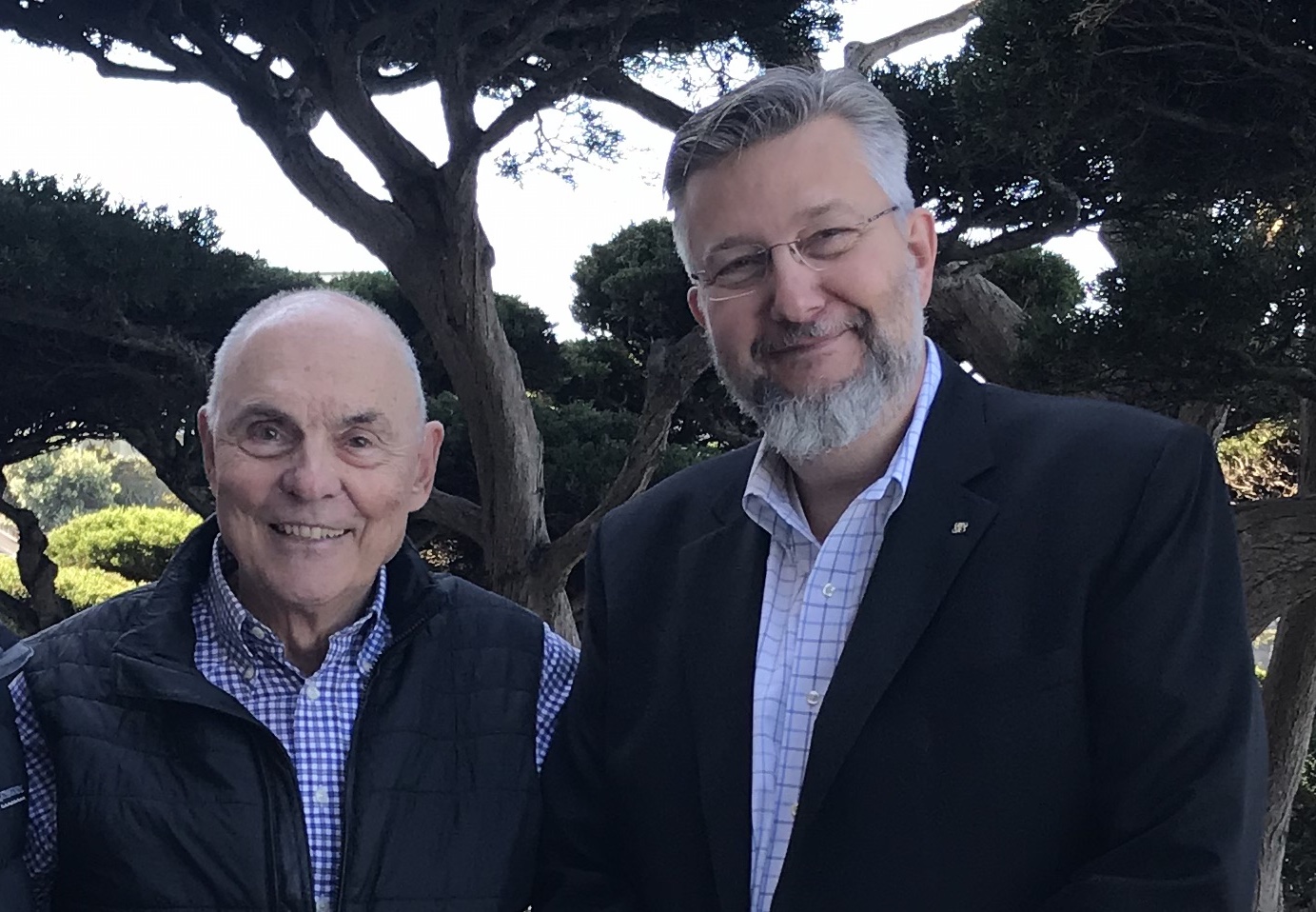Ed Timmons has a not-too-surprising confession: Gathering data on barbering licensing isn’t fun. After recently reading barber licensing laws and calling barber licensing boards, Timmons—director of the Center for the Study of Occupational Regulations at Saint Francis University—understands why more researchers aren’t focused on licensing. But their work is becoming easier. In August 2017, Timmons and his team launched a database that lets users search licensing requirements nationwide. The site currently focuses on health occupations, and by 2020 it will cover all professions in all 50 states, with data on education requirements, fees, and whether licenses are transferable from state to state.
To learn more about Timmons and his work, the Charles Koch Foundation asked for his insights on how the database will influence policymakers, why licensing requirements keep expanding, and even, yes, what he learned from his first job at age 14.
Why the numbers 27 and 175 are so crazy
When you hear “occupational licensing,” it makes people’s eyes glaze over, but once you understand some of the issues—in New Hampshire, for example, a licensed massage therapist requires 175 days of education, and an EMT needs 27—people start to realize, wow, that doesn’t make a lot of sense. Why should someone undergo so much more training to massage people than to save somebody’s life?
How requirements keep increasing
Consider physical therapists. Fifty years ago, you could work as a physical therapist with a bachelor’s degree. Within the last 20 years or so, the requirement was ratcheted up to a master’s degree, and in 2016 to a doctorate. This is not uncommon for licensed professions.
What licensing is really about
These laws are brought about by the professionals. Consumer groups don’t typically lobby for additional protection. As an economist, I find it hard to believe that the primary motive of these professionals is the health and safety of consumers. They have a financial motive, and we have documented that licensed professionals earn more. They can charge higher prices because of these laws.
How the database could wake up politicians
Most policymakers and the general public still lack awareness of licensing requirements. Legislators don’t have a good sense of what occupations are licensed in their states and how that compares to other states, or whether the requirements are well outside the norm. I think this database will serve as a key resource for showing legislators and the public what these requirements look like and, more importantly, how they compare.
Why comparing requirements is so important
Haircuts are the same, regardless of where you are in the country, yet the entry requirements vary tremendously. Health care is the same way. There are big differences in what physical therapists and non-physicians are generally allowed to do on a state-by-state basis. In Pennsylvania, nurse practitioners have to enter into an agreement with a doctor in order to see patients. In Maryland, that’s not the case: They’re free to practice without interference from physicians.
How to reform the system
A number of states are making progress with reform. Arizona passed the “Right to Earn a Living Act.” Rather than allowing professionals to implement licensing laws without weighing the costs versus the benefits, it places the onus on the professionals and the government. They’ll have to make the case that public safety and wellness will be at risk unless they license this profession. I think states need a meaningful sunset review, and legislators need to take those reviews seriously. Too often, states conduct a comprehensive sunset review of a licensing statute and say that a law should be removed, but nothing happens. There needs to be a mechanism for acting upon the sunset review.
Why he’s interested in ex-prisoners and veterans
Some licensing laws say if you have any kind of record, you will be barred from working in that profession. How are these individuals going to re-enter society and be productive if they can’t get a job? Veterans also face challenges. People in the armed services receive a lot of on-the-job training during their military service, but in a number of states, their experience doesn’t help them at all. If someone was a medic, that doesn’t help them when applying to be a nurse or a physician assistant. We’re going to document stories of veterans and their experiences with occupational licensing laws.
What he learned from his first job
I worked as a bagger at VF Outlet in Reading, Pennsylvania, when I was 14 years old. As a customer, I always try to be respectful and courteous to employees. I’ve been on the opposite end of the cash register.
What advice he would give to his former self
Use my beer and videogame money to buy as many shares of Priceline and Amazon stock as possible.











